If you are posting anywhere online, your content is considered intellectual property. But understanding your rights for property that intellectual property is a little more complicated. But you do need to protect yourself if those rights are being abused, like they were for me on Facebook.
Recently, I had a bit of a situation involving my likeness (one of the photos posted right here on this blog, as a matter of fact) and an implied endorsement of a product that was showing up all over Facebook.
Let me put it out there. It was an post promoting Cannabis Oil.
Now, I’m not here to debate the efficacy or even the legalities of such a product. I’m here to say that my photo, my likeness, my endorsement is not up for grabs. It’s either given voluntarily or it’s compensated. It’s never taken. Or it’s not supposed to be anyway.
Last week, my mother was at my house for the holidays and glanced over the top of her laptop to ask me, “What is this your putting under your tongue in this ad?” I quickly responded that I was doing no such thing and she must have me confused with someone else.
“Don’t you think I know my own daughter?” she replied. And I got up to show her how wrong she was. Only she wasn’t.
Finding My Image on Facebook
There was a Facebook page running a sponsored ad entitled “Happy, Healthy, and Stress Free” with a picture of some oil and me, with my tongue raised up to touch the tip of my nose. Surrounding the photo was the text that said… well, I’ll let you read it.
How It’s a Breach of Intellectual Property
Let’s talk about what’s wrong with this and what to do about it if it happens to you.
- It’s an awful picture of me. Not that I would have allowed theft of a good picture but geez, that’s now how I want to go viral.
- It’s directly taken from my site. If it’s on my site, it belongs to me and is covered by copyright protection. Copyright, unlike trademarking, is implied. I don’t have to provide legal documentation, just proof of ownership. (For the record, this was part of a post where I was demonstrating my ability to do weird things with my body).
- It’s implying endorsement of a product. Using words like “as soon as she heard about it” and “she regrets not buying it sooner” is a huge deal to me. Again, it doesn’t have anything to do with the product itself. It has to do with the fact that my online reputation often relies on products I endorse and recommend. Doing this falsely can potentially damage my reputation.
What Else Was Wrong
There were several other things that compounded this problem.
It didn’t link to a legitimate site. There is an actual Healthy On Deck site that state clearly at the top that the entire site is a paid advertisement. But this post that the ad alludes to cannot be found anywhere on the site. You can’t search for it. You have to get there through the specific link attached to the Facebook ad.
Once you arrive at the link, it displays an entire page devoted to cannabis oil that sits just under what looks like the website’s header. Here’s why it’s not legit. If you click ANYWHERE on that page – the header, the social sharing icons, the links to more information – it immediately redirects to a “secureonlinepurchase.com” site to purchase cannabis oil.
So, just to recap, stolen image, implied endorsement, shady marketing practices, shady business. I was not happy and I was ready to take action.
Contacting Facebook About Intellectual Property
Facebook makes it pretty easy to report an ad or a post by clicking in the upper right corner of the ad. But you have to go through a series of steps saying you think it shouldn’t be on Facebook, then clicking to the next screen, selecting MORE options, and finally selecting that it’s an unauthorized use of my intellectual property.
After you finally get to this point, they link you to the Facebook Help Center where they give you a nice article about intellectual property, including trademark and copyright violations.
Click through again to “learn more about about reporting copyright violations.” At least two more clicks and a strongly worded warning about the seriousness of making a claim and you can get to the actual form to report a Trademark or Copyright violation.
From here, you’ll want to select exactly what type of violation this is. In my case, use of my photo constituted a copyright violation.
Then, it gets serious. You have to provide your name, mailing address, phone number, and email address. That last one is important and you’ll see why in just a bit.
Facebook makes it fairly easy to report a straightforward case. But I had to have two crucial things: a direct link to the post/ad showing my photo. Because the ad was never actually served directly to me, I tried reporting without a link. I gave a detailed description which certainly should have been enough for Facebook to go on.
Then they pretty much replied with, “Thanks, but Imma need to see a link.”
Well, I got their stinkin’ link and sent it to them along with the link to the post on my blog where the photo originally appears. And then guess what happened…
THEY TOOK IT DOWN! Just like that. It was gone and I was happy. For a few minutes anyway.
Being Diligent with Facebook
The next day, I had friends reporting that they were still seeing the ad. Somehow it was still out there under a different link. So I reported that. And then I saw it again and reported that link.
Then they changed the ad but posted it again. So I reported that link.
Here’s what I expected to happen:
- Party in question steals my photo and posts it on their promotional ad on Facebook.
- Ad is shared thousands of times.
- I discover the ad and have Facebook remove.
- The ad and all of its 3000+ shares are deleted.
It turns out that Facebook might delete the original post but in this case, it didn’t affect any of the ridiculous amount of shares. And you might have noticed that there’s nowhere on the form to add a little note like, “Hey Facebook, I’m not sure if you noticed but these are basically all the same posts that were shared from the original violator so could you please just take them down?”
I’m quite sure there are humans working at Facebook but I couldn’t get ahold of any of them.
While all of this was going on, I contacted my friend Jamie over at Hashtag Legal who is in business to help social media types like myself. After a brief discussion, we agreed that the best course of action she could take would be to write some strongly worded letters to both Facebook and the company in question. And then we decided that that would probably amount to a hill of beans.
So I did the next best thing and tried to annoy the crap out of Facebook and report every single instance of the shared ad that I could find. I included notes buried in my form asking them to just please remove all the shared instances. Instead, they deleted only the specific links I reported.
On I went, reporting 152 separate links to these posts when FINALLY I wrote something that seemed to make a difference. I noticed a common ID in all of the links I was reporting.
Each post seemed to have a unique post ID but they all seemed to share the “match” string. So I pleaded in my last report:
Are you not able to delete any post with “match=
And with a typical automated response, they deleted the links and all of the other links I was finding as well.
Thanks for bringing this matter to our attention. We removed or disabled access to the content you reported for violating the Facebook Statement of Rights and Responsibilities. We understand this action to resolve your intellectual property issue.
FINALLY! The saga was over. Or was it?
The Aftermath
Remember when I said that you had to give your name and email address? That’s because Facebook sends that information to the party against which you’ve filed a complaint.
Now, I had nothing against the 152 people I reported that shared the post in question. They didn’t know better. They saw something interesting and shared it. How were they to know that was an unauthorized photo of me? But because Facebook took care of a problem and not the root of the problem, I had no choice but to start reporting each individual link.
I feel sorry for the individuals that received this email from Facebook. Many of them emailed me directly. Many. Some sent me a private message on Facebook and some posted directly on my wall. Most were apologetic wondering what in the world they could have done. Some were extremely angry at me for disrupting their Facebook experience.
I made sure I emailed each person to reassure them they had truly done nothing wrong and that this was how Facebook required me to handle it. But to the average person who doesn’t really understand intellectual property, that email from Facebook scared them.
Many read it as needing to contact me and come to a resolution, insisting that I tell Facebook that we made up and all was fine. I tried to explain that’s not really how it works but in the end, time seemed to heal the wounds.
In conclusion, let this be a cautionary tale. Make sure you are diligent in protecting your work. Set up Google alerts (which wouldn’t have helped here). Surround yourself with people that will look out for you. And finally, don’t be afraid to break out the big guns (or medium guns) to protect what’s important to you.
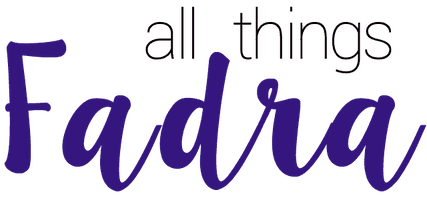
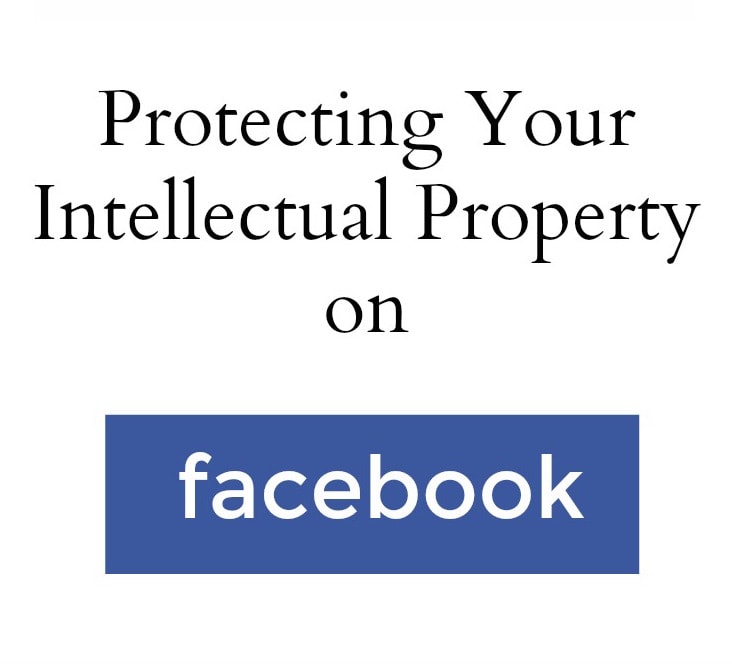
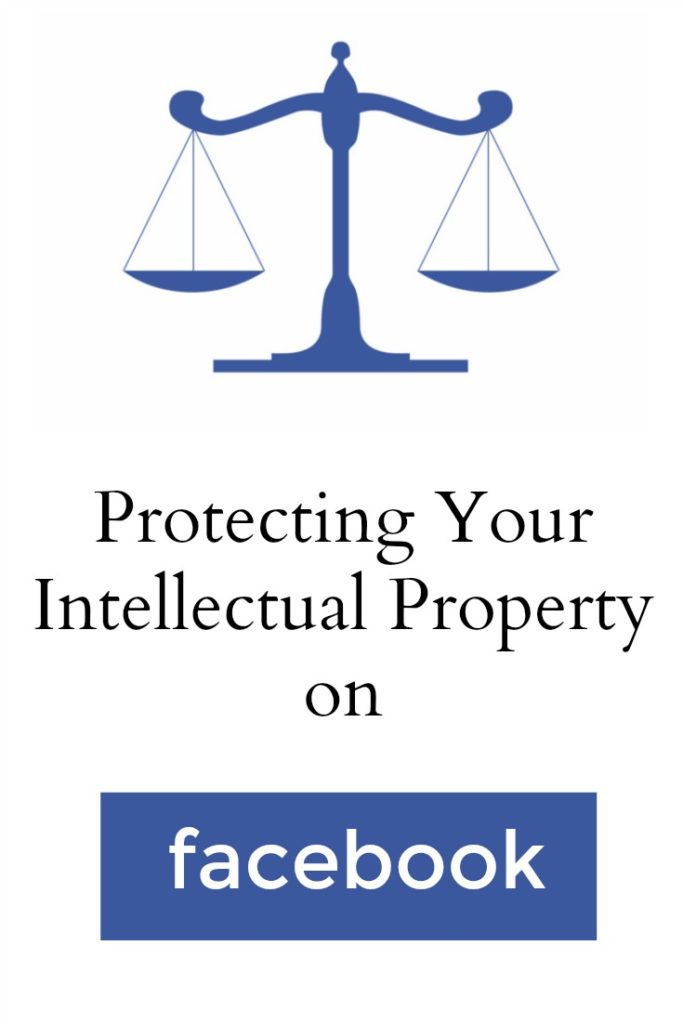
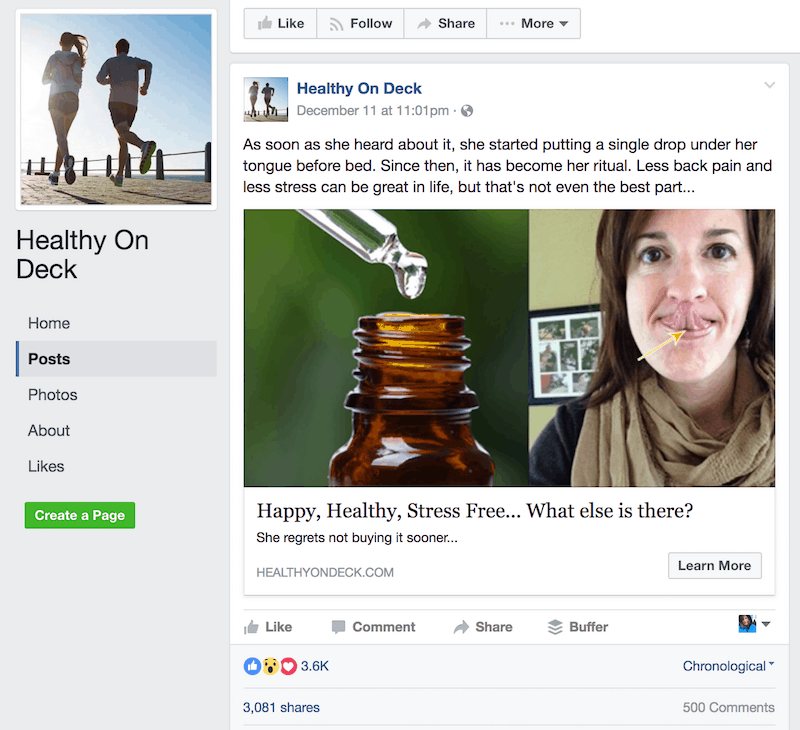
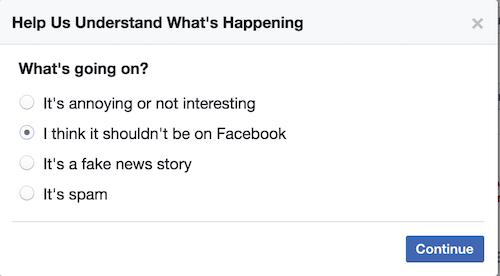

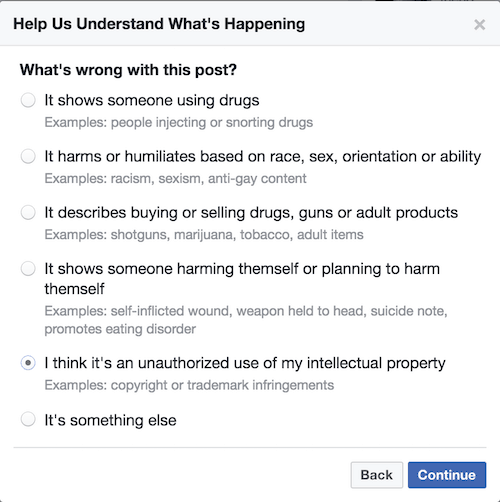
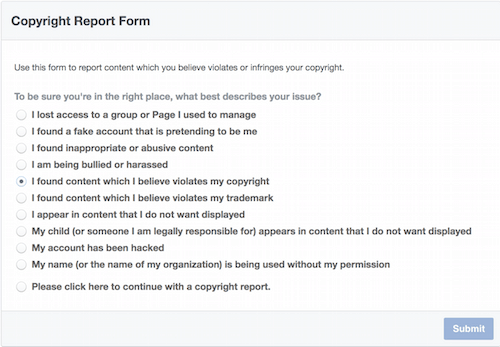
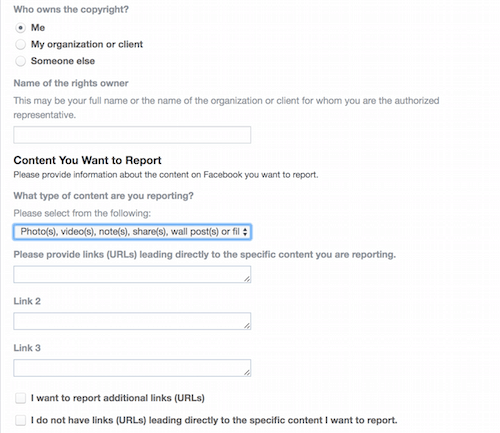
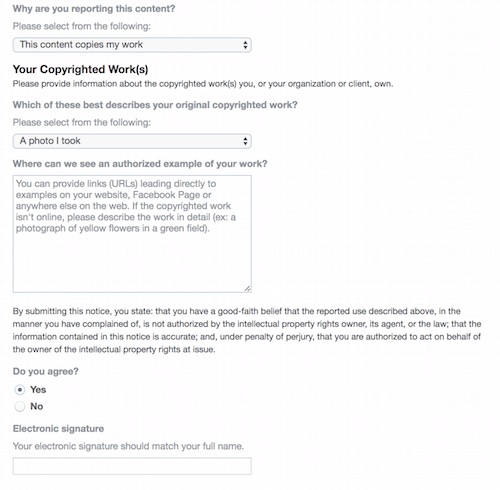
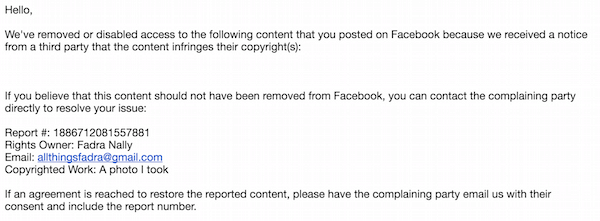
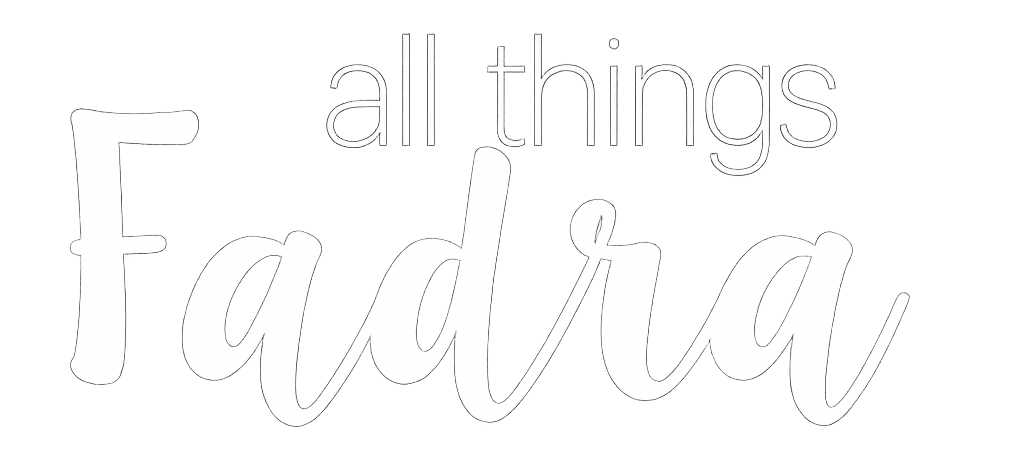
Thank you for sharing your experience, as crappy as it was to have to go through. Always good info for bloggers to know!
That is nuts! All that hard work and Facebook should have deleted them all in the first place. Did you ever hear from the company that created the ad?
Oh, and on a humorous side note: your Amazon ads are showing one for Cannibus oil. LOL
What a nightmare. Thanks for the detailed summary. I will refer to this if it ever happens to me. So sorry you had to deal with this.